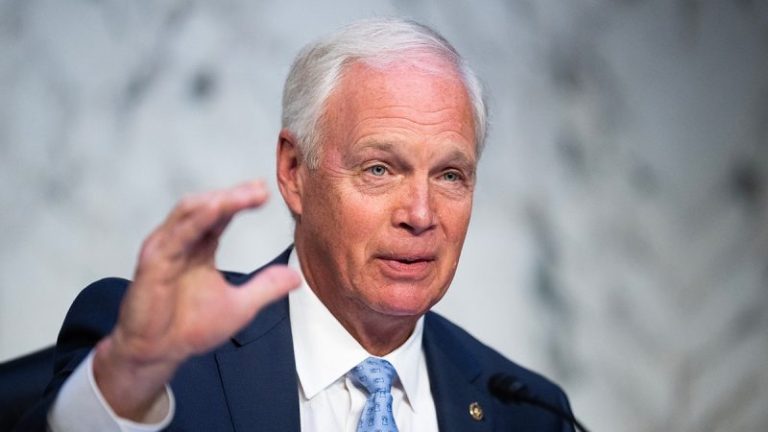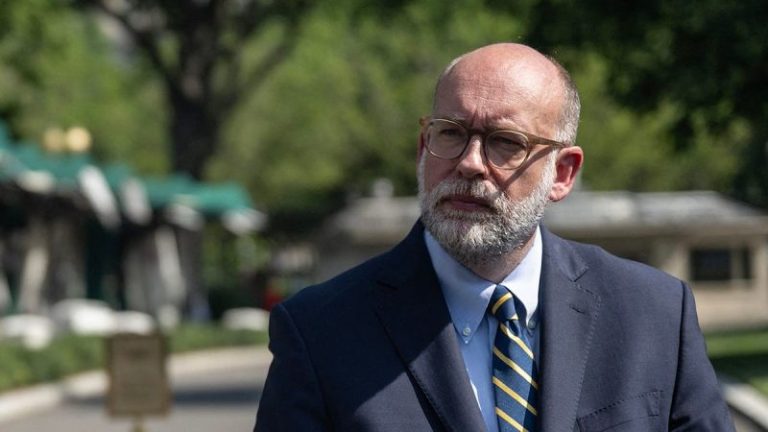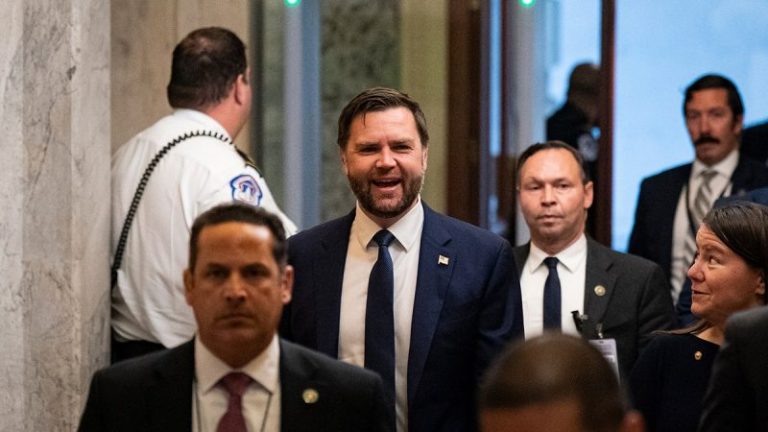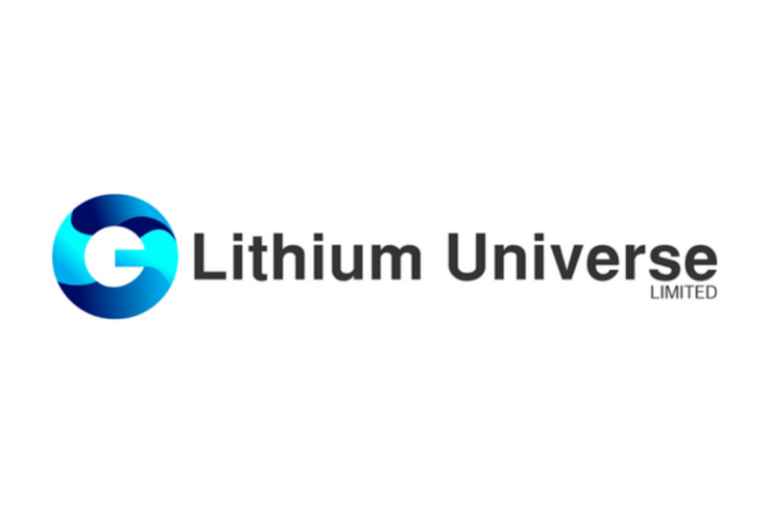Sen. Ron Johnson is demanding the National Archives turn over all records related to former President Joe Biden’s ‘mental and physical health and cognitive decline,’ Fox News Digital has learned.
Fox News Digital exclusively obtained a letter Johnson, R-Wis., sent to Secretary of State Marco Rubio, who is serving as the acting archivist of the United States.
Johnson, who leads the Senate Permanent Subcommittee on Investigations, said he is now conducting an investigation into ‘the cover-up of former President Biden’s health and cognitive decline.’
‘My office has been reviewing the allegations that former President Biden, cabinet members, and his staff covered up his declining mental and physical health over the course of his presidency,’ Johnson wrote to Rubio, adding that the allegations ‘raise serious questions about who was making key presidential decisions if the former president was incapable of doing so.
‘One of these key decisions may have involved the presidential power to grant clemency or pardons — a matter that the White House Counsel’s Office, among other entities, are currently investigating,’ Johnson wrote.
Fox News Digital exclusively reported Tuesday that the White House Counsel’s Office, in conjunction with the Justice Department, is investigating Biden’s use of an autopen and already is reviewing more than 27,000 documents turned over by the National Archives and Records Administration (NARA).
‘The reporting further suggests that these records represent only a portion of the information in NARA’s possession that may be related to the coverup of former President Biden’s alleged mental and physical decline,’ Johnson wrote to Rubio, referring to the Fox News Digital exclusive report.
Johnson is now demanding that NARA turn over all records provided to the White House Counsel’s Office referring to or relating to Biden’s mental or physical health or the alleged cover-up, including all communications.
Johnson also is demanding communications between or among any former White House officials, members of Biden’s Cabinet or their staff or other staff relating to Biden’s mental or physical health.
Specifically, Johnson is demanding records belonging to former White House chief of staff Ron Klain, former White House chief of staff Jeff Zients, former advisor Mike Donilon, former counselor to the president Steve Ricchetti, Biden personal attorney Bob Bauer, Biden senior advisor Anita Dunn, former White House Physician Kevin O’Connor and others.
Johnson gave Rubio until July 30 to turn over the records.
Trump sent a memo in June to the Department of Justice directing Attorney General Pam Bondi to investigate the autopen use and to determine whether it was related to a decline in Biden’s mental state.
The White House Counsel’s Office is investigating Biden’s use of an autopen, a machine that physically holds a pen and features programming to imitate a person’s signature. Unlike a stamp or a digitized print of a signature, the autopen has the capability to hold various types of pens, from a ballpoint to a permanent marker, according to descriptions of autopen machines available for purchase.
Biden used an autopen to sign a slew of documents while in office. He also used an autopen to sign final pardons, including preemptive pardons for members of his family, Dr. Anthony Fauci, Gen. Mark Milley and members and staff of the House committee investigating the Jan. 6, 2021, Capitol riots. He only signed one pardon by hand, for his son Hunter, after vowing to the American people for months he would not pardon Hunter.
In his final weeks in office, Biden granted clemency and pardoned more than 1,500 individuals in what the White House described at the time as the largest single-day act of clemency by a U.S. president.
Biden, in a recent interview with The New York Times, defended his use of an autopen, saying he ‘made every decision’ on his own.
‘We’re talking about (granting clemency to) a whole lot of people,’ Biden said.
However, the Times reported that Biden ‘did not individually approve each name for the categorical pardons that applied to large numbers of people,’ according to the former president and his aides.
Congressional committees, like the House Oversight Committee, are also investigating the autopen use and Biden’s health while in office.
A senior administration official recognized the simultaneous efforts but stressed that the White House Counsel’s investigation is separate from any congressional probes.
Officials told Fox News Digital the investigation is a ‘massive effort,’ and one that they hope to finish ‘as soon as possible.’
As for Trump, officials told Fox News Digital he does not use an autopen for anything that could be considered official business.
The only time Trump may use the autopen is for unofficial business, including correspondence, letters for birthdays or commissioned records for widely shared documents, his office said.










